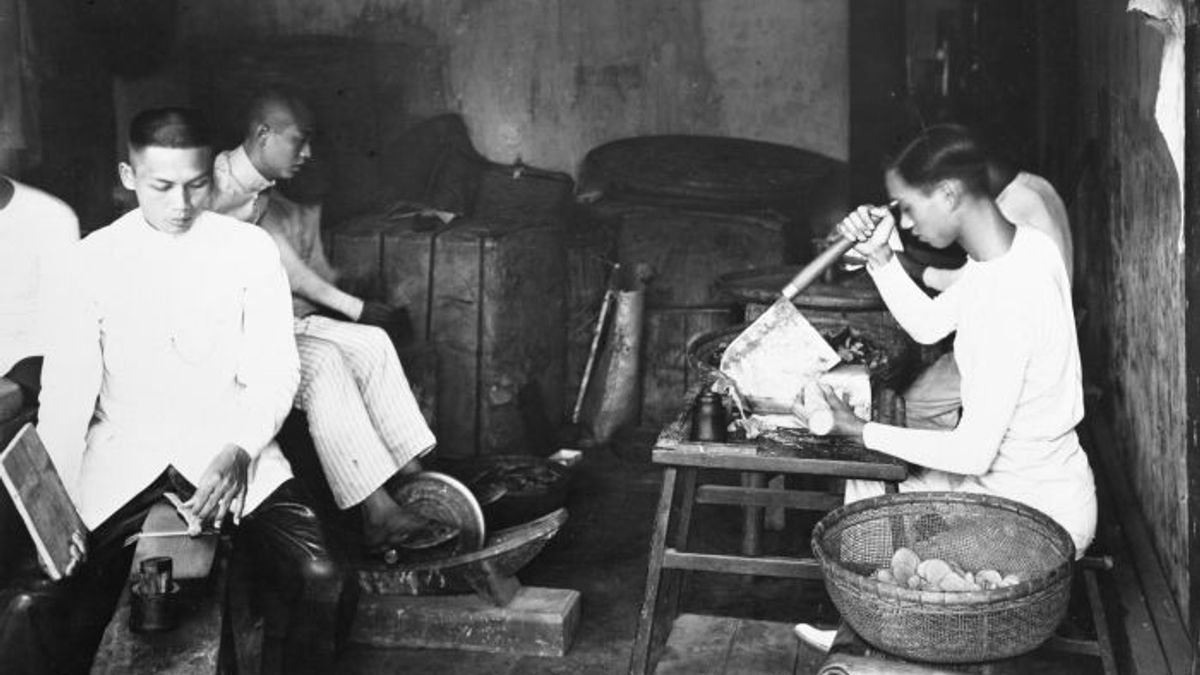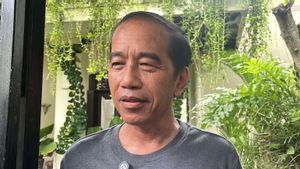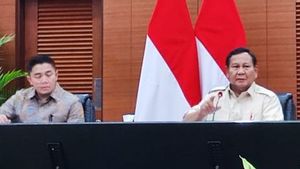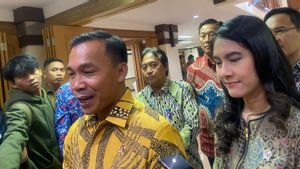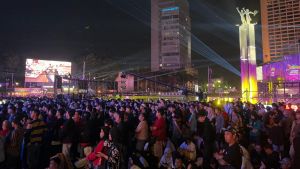JAKARTA - Today 122 years ago, March 17, 1900, the modern Chinese organization Hwee Koang was founded in Batavia. The presence of the association brings big dreams. A dream so that all Chinese Chinese can access education.
They build schools everywhere. The goal is not only to be empowered, but also as a medium to grow nationalism for the country of origin. In a sense, they can get to know more about Chinese culture. This is the first time the term "Chinese" of Hokkien origin has been officially used. The word usually replaces the term "China" which is considered a hateful word.
The existence of the Chinese in the archipelago has been around since time immemorial. Trading activities were the beginning of its presence. Then, they transformed into important actors driving the economy in the archipelago. A series of Javanese Kings have acknowledged their performance.
Similarly, when the Dutch trading airline VOC. Since the beginning of establishing their power in the motherland, they have depended on the Chinese. The Governor-General of the VOC who had served twice (1619-1623 and 1627-1629) Jan Pieterszoon Coen agreed with this.

According to him, the Chinese are human beings with a high level of tenacity and hard work. This trait will obviously bring great benefits to the Netherlands. Coen gave special privileges to all Chinese who wanted to live in Batavia.
Since then, the Chinese have become important actors in driving the economy in Batavia. They can transform into anything. From carpenters to merchants. The Netherlands was even more impressed. The Dutch also take care of their relationship very carefully. The practice is nothing but to make Chinese people feel at home.
“Jan Pieterszoon Coen was of the opinion that only ethnic Chinese could serve the VOC properly. The ethnic Chinese in Batavia played an important role in the development of the city of Batavia under the VOC economic system, both internal and external trade. This is very useful for the residents of Batavia to obtain food ingredients, “said Hembing Wijayakusuma in the book Massacre 1740: Angke Bloody Tragedy (2005).
Education NeglectedThe Chinese may benefit from the presence of privileges. But not so with guaranteed education. This condition lasted until the end of the VOC, and was continued by the Dutch East Indies government. Education for the Chinese was a concept forgotten by the colonial government.
This condition provoked 20 people from young Chinese peranakans to make a breakthrough in 1900. They founded the modern Chinese organization Hwee Koang in Pekoan, Batavia. A breakthrough that was able to provide access to education for all Chinese Chinese in the archipelago. Moreover, the movement can build nationalism among fellow Chinese. Businessman Phoa Keng Hek is one of the intellectual actors.

“The Chinese Hwee Koan was formed on March 17, 1900 to be the center of the whole (Chinese) movement for the reform of Chinese customs and traditions. This association founded a school which was opened in Jakarta in 1901. They formed a modern Chinese school in three ways.”
“First, the teaching language is Mandarin, not Hokkien or any other southern Chinese dialect. Second, they use the curriculum of modern Western education. Third, classes for girls were immediately opened and, in 1928, the school in Batavia (formerly called Jayakarta) became a school for male and female students,” concluded After Tears Dry: Chinese Society After the May 1998 Incident (2010).
The English, Chinese, Japanese, Arabic, and French versions are automatically generated by the AI. So there may still be inaccuracies in translating, please always see Indonesian as our main language. (system supported by DigitalSiber.id)
